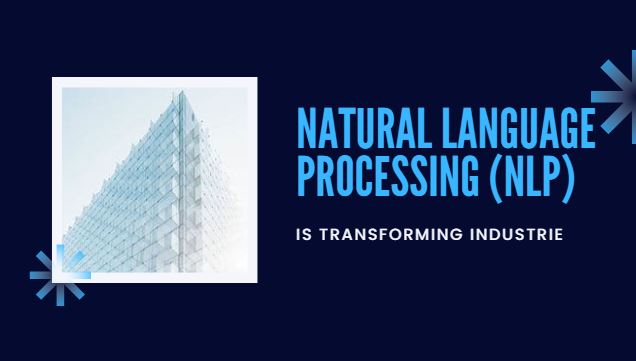Project Management follows certain steps from its inception to delivery. The start of the project is defining its objectives, and the last step is monitoring & measuring the project’s results.
The step following the objective setting is creating a project plan. The project plan is the roadmap that shows how the project will progress and the final destination with key milestones.
Here are a few steps in project planning –
(source : Spreadsheet.com)
- Defining objectives – A project manager articulates the project objectives. The manager then scrutinises these objectives to identify the logical flow of activities. The project manager must work with stakeholders to define the desired outcomes, budget, timeline, and specific requirements or constraints.
- Identifying activities – The manager then breaks down the objectives into actionable tasks. Each task or sub-task should be well-defined, actionable and measurable. They identify the tasks that are interdependent and or to be performed simultaneously. The manager also determines the time to complete each task and frames a timeline accordingly.
- Resource planning – Once the tasks are identified, the project manager identifies the resources (people, equipment, materials) required for each activity. This helps in allocating resources effectively. The manager decides the team members of the project team.
- Budget planning – Finance is critical to executing any project. Hence appropriate allocation of resources and finance is required to complete the project. A project manager lists the financial resources needed and the costs incurred throughout the project.
- Establishing a project schedule – It basically forms the blueprint of the end result and how to achieve it. The manager decides a timeline for each activity and details the expected start and end dates. The manager uses tools like Gantt charts or project management software to visualise the project schedule and dependencies.
The manager also highlights the milestones in the project. The milestones mark significant progress points or deliverables and help track the overall project progress.
- Risk management – The manager must plan for potential risks or bottlenecks impacting the project. The manager must develop a risk management plan to effectively mitigate or address these risks.
- Quality management – To check the success per cent of the project, the actual results should be compared with standard or expected deliverables. Hence the manager must identify the parameters on which the project will be evaluated. They must discuss this with the stakeholders to understand their requirements and, based on which, should set the standards. While doing so, the manager must ensure compliance with the legal aspects and conform to internationally set quality standards (ISO, FDA, Six Sigma, etc.).
- Communication & reporting – Keeping the stakeholders informed of the project’s progress is crucial. The manager must define a communication strategy and create reports that will give the key stakeholders a clear idea of any key achievements or issues.
- Monitoring and progress tracking – It is essential to monitor the project’s progress against the plan continuously. In case of any changes or adjustments, they should be updated in the project plan. Managers globally use project management tools or software to track task completion, resource utilisation, and overall project performance.
Regular review of the project plan helps to assess its effectiveness and make adjustments as necessary. It also acts as a guide to learn from any challenges or issues encountered during the project and incorporate those lessons into future plans.
Developing a project plan takes time and is a challenging task. But with the right skills, a project manager can prepare a well-defined strategy that effectively completes the project within time and within budget.
How MITSDE help you become a well-qualified and highly-skilled project manager?
MIT School of Distance Education (MITSDE) is an institute that understands the current skills gap in the market and strives hard to reduce it. It is approved by AICTE, Govt. of India.
MITSDE brings you PG Executive Diploma (PGDM – Ex) in Modern Project Management. The PGDM (Exe) course is coupled with Project Management Institute’s (PMI) Project Management Professional (PMP) exam prep course.
MITSDE, in collaboration with MIT Skills, a skill-focused wing of MIT, Pune, offers you a bundled program.
This 15-month course covers –
- Data Mining techniques for mining and analysing raw data to discover interesting patterns, extract information, and support decision-making.
- Strategic Management & Predictive modelling techniques to equip the individual to predict future market trends using historical data.
- Hands-on training in Project Management tools like Oracle Primavera, Jira, MS Project, etc.
- Conflict management techniques
- Risk Management
- PMP exam prep with 100% placement assistance



